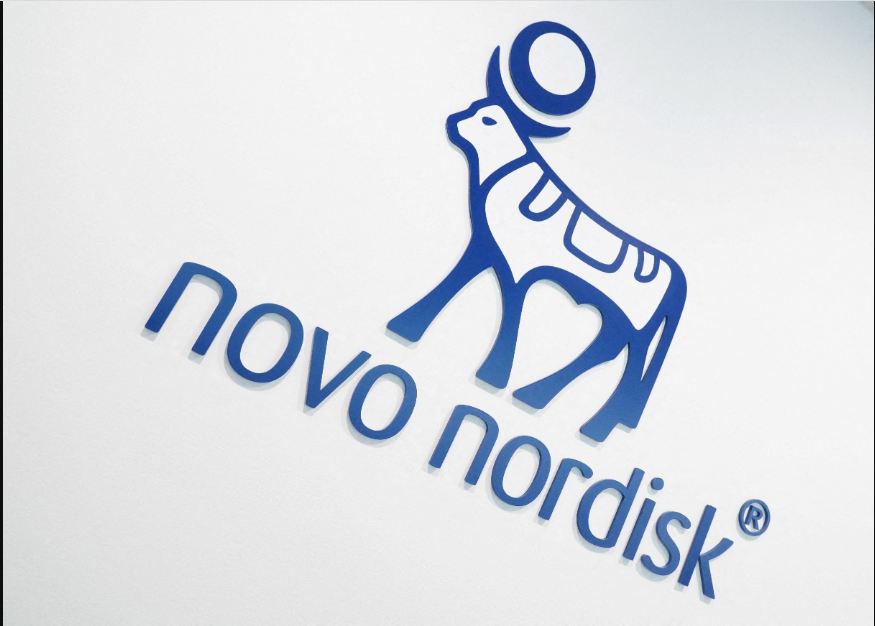Novo Nordisk’s Alzheimer’s Trials Show No Benefit, Prompting Reassessment of GLP-1 Potential in Brain Health
Novo Nordisk’s early-stage Alzheimer’s studies using an oral form of semaglutide did not slow cognitive decline, renewing questions about whether GLP-1 medicines can influence neurodegenerative diseases.
Novo Nordisk has announced that two major clinical trials examining whether an oral semaglutide medication could slow early Alzheimer’s disease progression did not show the results the company had hoped for.
The findings mark a significant moment for the global healthcare company, which had been exploring whether its highly successful class of GLP-1 medicines might offer benefits beyond diabetes and weight management.
The trials aimed to understand if the drug could slow the cognitive deterioration that characterises the early stages of Alzheimer’s, a disease affecting more than 55 million people worldwide.
The studies evaluated thousands of participants aged between 55 and 85 who were experiencing early symptoms of Alzheimer’s, including memory loss and reduced day-to-day functional ability.
Researchers used established rating systems to measure how patients’ cognition, behaviour, and independence changed over a two-year period.
While the trials were originally planned to extend for a third year, the decision to stop early was made once it became clear that the treatment was not achieving the targeted 20% slowing of cognitive decline.
Novo Nordisk noted that although the drug did show some changes in Alzheimer’s-related biomarkers, these were not enough to suggest a meaningful clinical benefit.
The company emphasised that the results do not diminish the importance of continuing to explore different approaches to treating Alzheimer’s, a condition that has challenged scientists for decades.
Many experts continue to believe that GLP-1 medicines could affect the brain in ways that differ from their metabolic impact, making further research valuable.
The trials, known as EVOKE and EVOKE+, represent the first large-scale attempt to study a GLP-1 medication in early Alzheimer’s patients.
Their outcome has prompted industry observers and analysts to revisit expectations about how widely these medicines could be applied beyond metabolic disorders.
Some analysts noted that the market reaction was strong because of broader concerns around the company’s recent performance, rather than the trial findings alone.
The company had previously described the trials as carrying a high level of uncertainty, reflecting the unpredictable nature of Alzheimer’s research.
Despite the disappointment, several organisations emphasised that the findings still contribute important insights to global Alzheimer’s research.
The Alzheimer’s Association noted that while this particular drug did not show an effect, other medicines within the same drug class might behave differently.
The group highlighted the need to continue rigorous scientific exploration, especially given the limited number of treatments currently approved to slow disease progression.
Meanwhile, the broader Alzheimer’s therapeutic landscape continues to evolve. Existing approved treatments, such as those developed by Biogen and Eisai or rival options from Eli Lilly, target different biological pathways and require infusion or injection.
These treatments have shown modest effects and carry potential side effects, leaving significant room for new breakthroughs.
The results from this latest study reflect ongoing challenges but also reinforce the importance of exploring multiple scientific pathways.
Novo Nordisk intends to present an initial summary of the trial results at an Alzheimer’s conference on December 3, with full data expected at a separate meeting later in the year.
The company acknowledged that although the outcome is not what it had hoped for, the findings will help expand scientific understanding of one of the world’s most complex and devastating diseases.
As the global population ages, research into Alzheimer’s remains a priority for health systems, pharmaceutical companies, and medical foundations worldwide.



